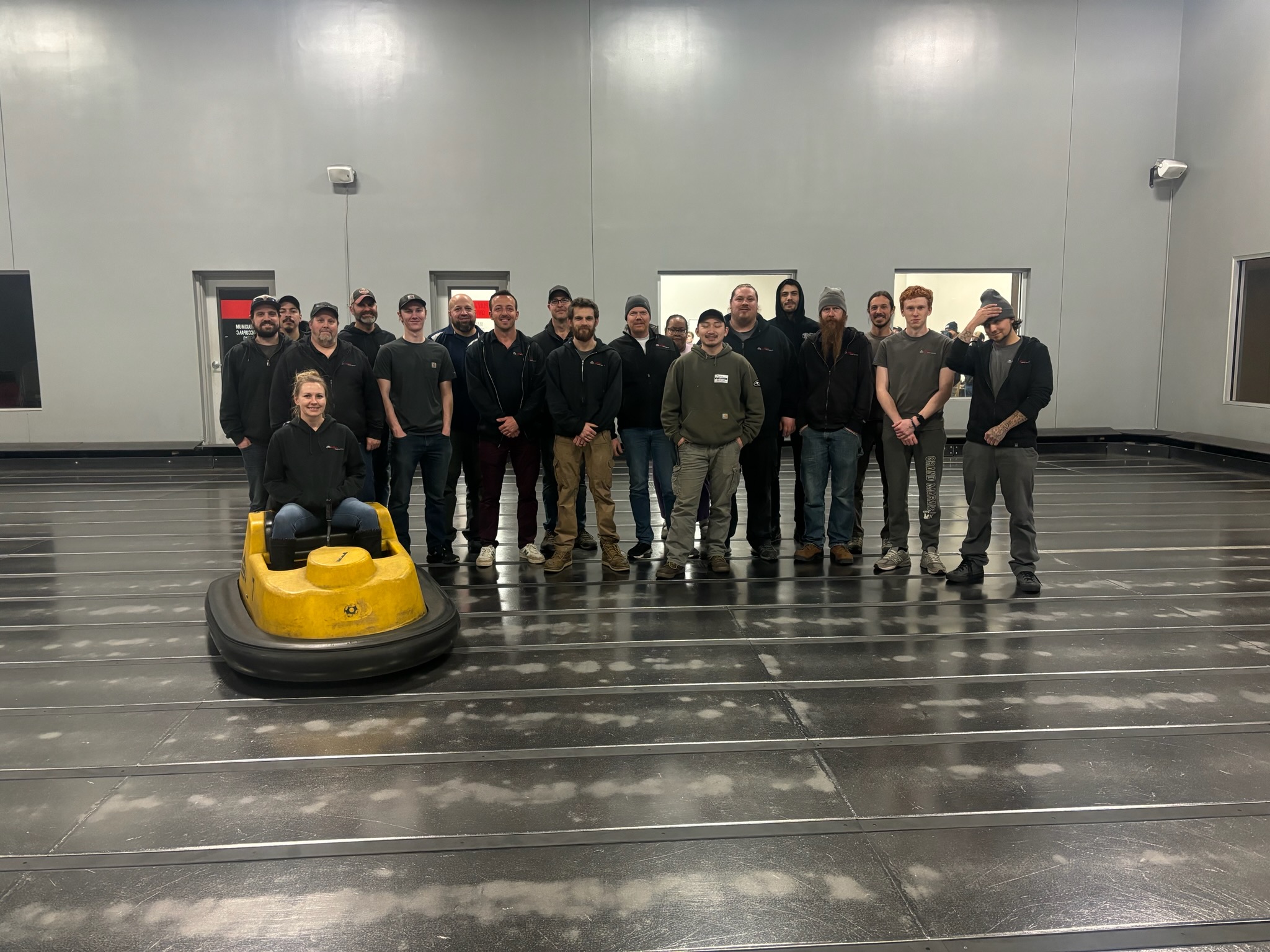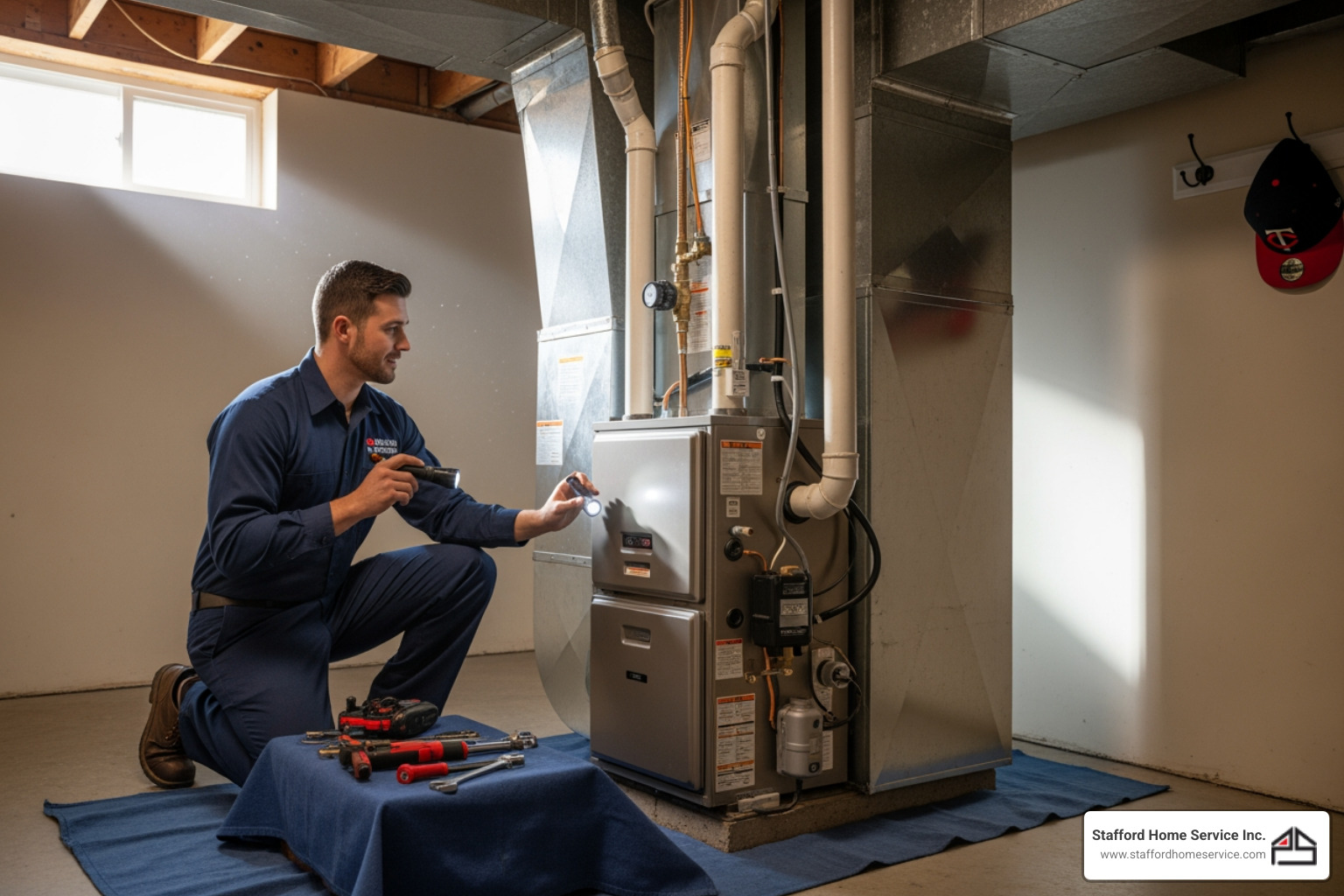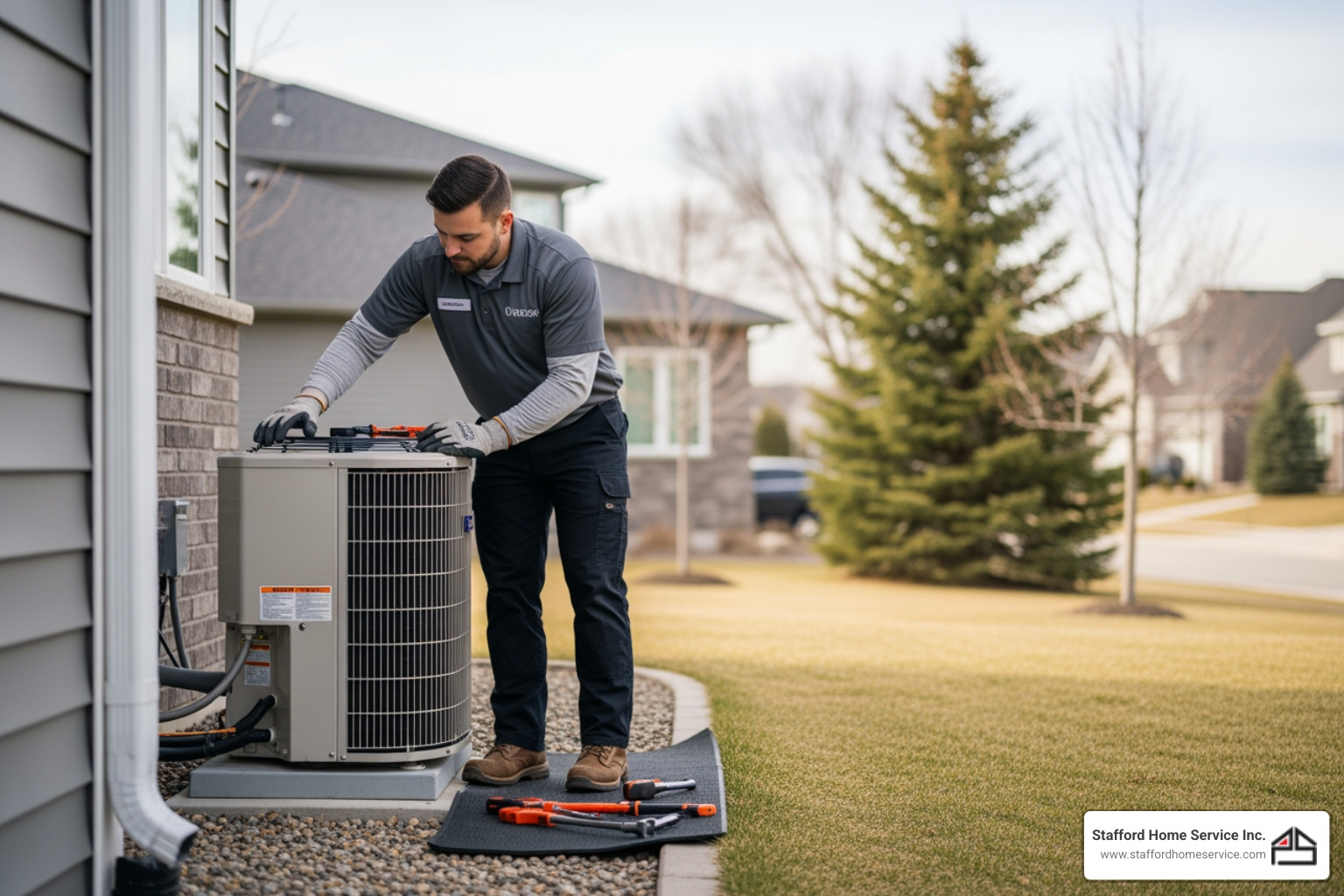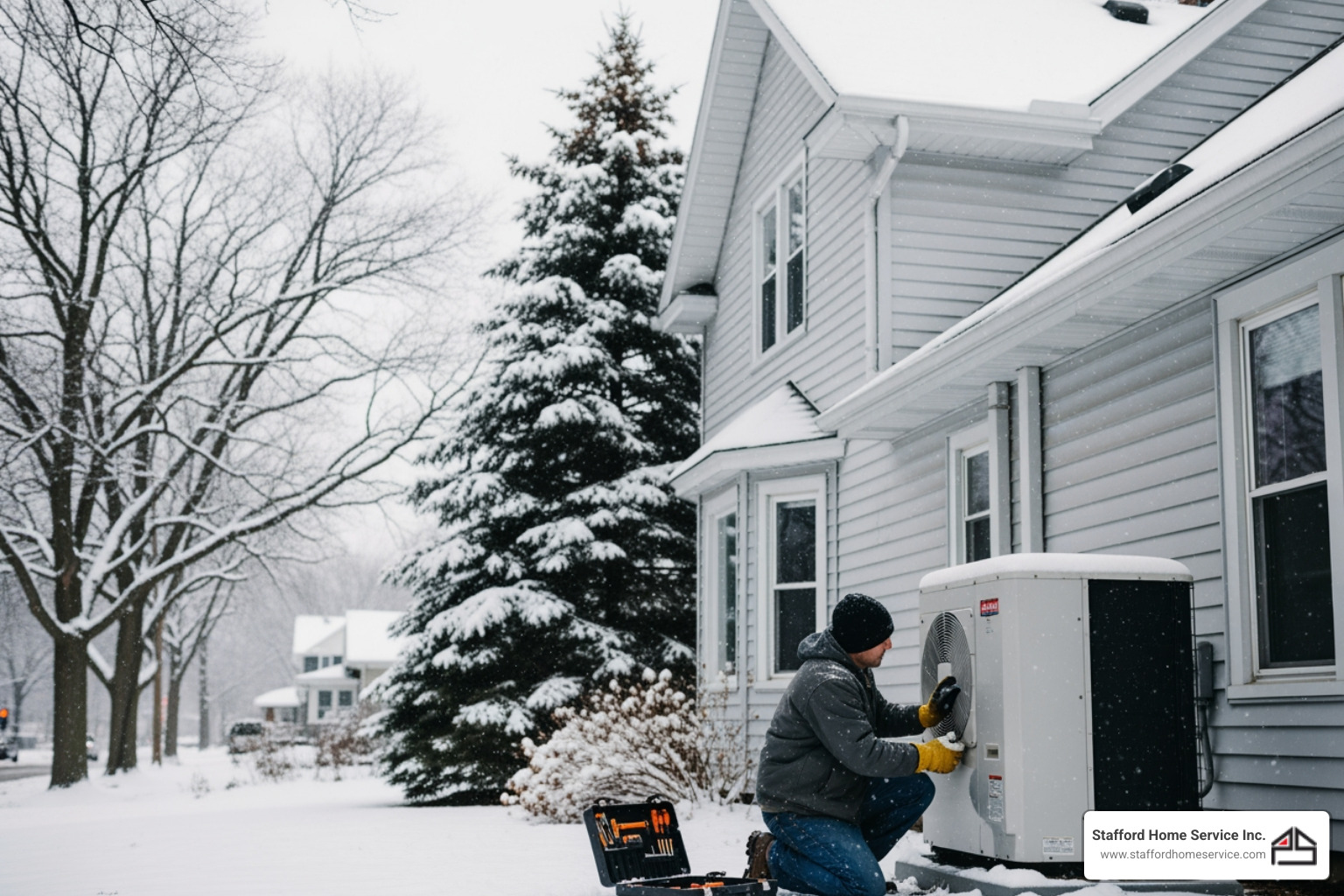AC Capacitor Failure Signs in Richfield Homes
When the summer heat peaks in Richfield, your air conditioner needs to work efficiently to keep your home comfortable. If your AC starts acting up right in the middle of a warm August afternoon, a failing capacitor could be the reason. This small component plays a big role in helping your cooling system start and keep running. But like many other electrical parts, it doesn't last forever. Catching early warning signs can save you from costly repairs and prevent the discomfort of a breakdown.
Capacitor issues often start small but can quickly lead to bigger problems. If ignored, they may cause your AC unit to run inefficiently or stop working completely. Staying alert to failure signs can make a big difference. Understanding what to look for and what it means could be the key to avoiding unexpected AC repair in Richfield during the hottest time of the year.
Common Signs Of AC Capacitor Failure
Capacitors help power your AC's motors and keep them running reliably. If a capacitor begins to fail, there are a few noticeable changes that homeowners in Richfield often experience. Some signs happen suddenly, while others build up over time. Knowing what’s normal and what isn’t can help you act before the system shuts down entirely.
Look out for these common warning signs:
- Humming or clicking sounds: These noises might come from the outdoor AC unit. If you hear a humming sound but the fan isn’t spinning, the capacitor may be struggling to keep the motor going.
- Lack of cold air: A failing capacitor can keep the compressor or fan motor from running properly. This may result in your unit blowing warm air or needing longer cycles to cool your space.
- Difficulty starting the AC: If your AC hesitates when turning on or doesn’t turn on until the second or third attempt, you may be looking at a capacitor nearing the end of its life.
- Physical swelling or leakage: Capacitors can sometimes bulge or leak fluid. While it’s not always visible from the outside, a swollen top is usually a clear indicator that the part is no longer working as it should.
- Tripping circuit breakers: If your AC trips the breaker often when it starts up, it can be a sign that the capacitor is pulling more current than it should, which stresses the electrical system.
Take, for example, a homeowner in Richfield who kept noticing their AC kicking on later than usual. Room temperatures barely dropped despite the system running. When a technician checked the unit, they found a swollen capacitor causing delayed start and reduced performance. Replacing it brought the system back to normal and helped avoid a full system failure mid-season.
These signs can start subtly but shouldn’t be ignored. Addressing them early can keep your family comfortable and help prevent a complete system breakdown during a stretch of high temperatures. If you notice one or more of these symptoms, it’s a good time to schedule an evaluation.
Diagnosing a Faulty Capacitor
If your AC shows signs of capacitor failure, it’s important to confirm the issue quickly before the problem grows. Identifying a faulty capacitor isn’t always simple just by looking or listening, but a few steps can help rule out other causes and point to the right solution.
Start by turning off the power to your air conditioning system at the breaker box. This step is necessary to avoid injury or further damage to the system. Once the unit is off, you can remove the access panel on the outdoor condenser unit to check the capacitor. Visually examine it for bulging, cracks, signs of leaking oil, or an unusual smell. Any of these signs usually mean replacement is needed.
To go a step further, a multimeter can measure whether the capacitor is holding the right charge. This tool checks if the stored electrical energy is within the expected range. However, using a multimeter safely requires proper training and understanding of electrical components. That’s why this type of testing should be done by our professionals. Incorrect handling could result in electrical shock or further damage to the unit.
Having the capacitor inspected by certified technicians reduces risk and ensures the part gets replaced correctly. The capacitor isn’t the only component that could cause the symptoms you may be seeing, so accurate diagnostics are key to fixing the real issue the first time.
How to Keep Your AC Capacitor Working Longer
Like most parts of your AC system, the capacitor works best when the entire unit is kept in good condition. A few simple habits can reduce wear and spot problems earlier, especially before hot weather puts more strain on the system.
Here are ways homeowners in Richfield can support better capacitor performance:
1. Schedule annual maintenance checkups before summer, so the system is running clean and efficient.
2. Replace air filters regularly. Dirty filters block airflow and force the AC system to work harder, which increases electrical strain on the capacitor.
3. Clear away leaves, branches, and grass clippings from around the outdoor unit. Proper airflow is essential for overall system function.
4. Check for signs of corrosion or moisture buildup near the electrical components.
5. Avoid turning the AC on and off frequently throughout the day. Letting it cycle naturally eases the start-up load, which is when the capacitor does the hardest work.
These efforts don’t guarantee a capacitor will last forever, but they do help catch problems early. A well-maintained system runs cooler, lasts longer, and rarely puts homeowners in emergency situations when temperatures rise.
Why Professional Service Matters in Richfield
Capacitor failure isn’t just a mechanical issue, it’s also a safety concern. A failing capacitor can make the unit pull more electricity than it should, which strains the entire electrical system in your home. In some cases, trying to fix or replace a capacitor without proper experience can risk injury or permanent system damage.
AC units have high-voltage components that require the right tools and handling. Our technicians can pinpoint the problem, replace the damaged capacitor, and ensure everything else is functioning safely. They also check for underlying issues like overheated wires or damaged fans, which can wear out a new capacitor prematurely if not addressed.
Trained professionals also know how to verify that repairs or replacements meet current safety codes. That added layer of precision gives peace of mind that the work was done right and reduces the odds of the same issue returning weeks later.
Long-Term AC Health Starts With Early Action
Recognizing the early signs of a failing capacitor can prevent big disruptions, especially during a Richfield summer. Humming units, delayed startups, or weak airflow aren’t just minor annoyances, they’re signs that the system may be headed for a larger breakdown. Ignoring these symptoms often leads to a complete loss of cooling when you need it the most.
The best way to avoid emergency repairs is to pair routine inspections with fast action when red flags show up. Addressing a worn-out capacitor early saves time, protects your home’s comfort, and keeps repair costs lower.
AC systems perform at their best when every part is in top shape. Routine care, seasonal checkups, and expert service can extend the life of your equipment and keep your home cool without stress. Knowing what to look and listen for helps you act before little problems turn into bigger ones.
If you have noticed signs like delayed start-ups, reduced airflow, or unusual noises from your AC, these issues may signal that your cooling system needs expert attention. Addressing the problem early can prevent further damage and costly repairs as the summer heat intensifies in Richfield. Rely on our experienced technicians to help maintain your system's longevity and efficiency by scheduling professional AC repair in Richfield. For a quick estimate or to book a service visit, please contact us today and Stafford Home Service Inc will help ensure your home stays comfortably cool.
Customer Testimonials
Our customers consistently praise our knowledgeable technicians, prompt service, and the lasting quality of the work we deliver.
ABOUT STAFFORD HOME SERVICE
In 2007, long-time team members Kris Thompson and Dan Fournier took ownership of Stafford Home Service. With over 60 years of combined expertise in residential electrical and HVAC, they continue the legacy of former owners Curt Cervin and Paul Stafford—delivering quality workmanship and complete customer satisfaction.
70+ Years
Family-operated experience delivering trusted electrical, heating, and cooling services.
800+
Verified 5-star reviews from satisfied customers.










